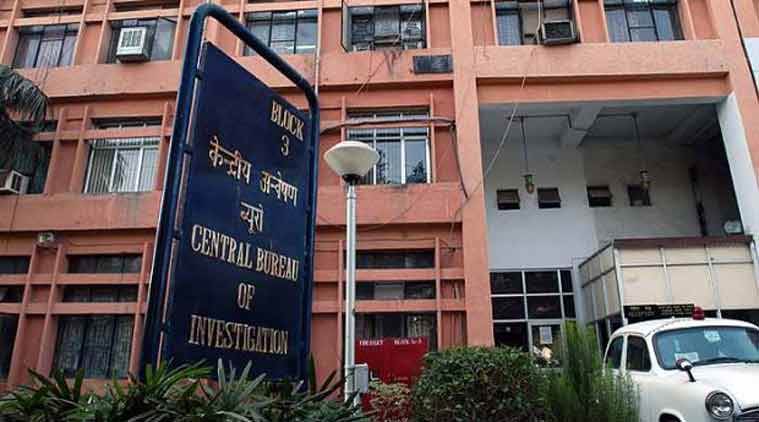
IT is not often that a Union Cabinet minister goes public to criticise the “investigative adventurism” of the CBI which is under his government’s watch.
On Friday, Jaitley wrote in his blog: “Sitting thousands of kilometers away when I read the list of potential targets in the ICICI case, the thought that crossed my mind was again the same — instead of focusing primarily on the target, is a journey to nowhere (or everywhere) being undertaken? If we include the entire who’s who of the banking industry — with or without evidence — what cause are we serving or actually hurting?”
In July last year, addressing the SBI Economic Conclave, Jaitley had raised similar red flags relating to investigation and crime.
Two former CEOs of public sector banks who are now facing charges filed by the CBI and a serving chairman of a government-owned bank told The Sunday Express that much as they agree with what Jaitley has written, they were distressed to see the lack of what they term as a similar show of empathy when many senior bankers were named by the CBI last year.
Said one former CEO of a large public sector bank: “When PSU bankers were hounded, there was no sympathy from the government. That’s what I find galling,” he said. The chairman of another state-owned bank said that “rather than blogging, it is important to put an end to such adventurism”.
Some of these bankers sound bitter because last year P S Shenoy, an independent member of a PSU bank board and former CEO of Bank of Baroda, was called in by the CBI in connection with the loan approved by the bank, as were the members of the board of PNB in a case well before the Nirav Modi case broke.
In a season of a crackdown by the CBI against senior bankers last year, former CMD of IDBI Bank Yogesh Aggarwal was arrested for procedural irregularities in approving a loan to Kingfisher while the MD of Bank of Maharashtra Ravindra Marathe and his senior team were arrested by the Maharashtra police.
Though he was released swiftly with the state government ending up with egg on its face and after intervention by the Central Government, Marathe was stripped of his powers by the department of financial services of the finance ministry. “Can that taint be removed?” a banker sought to know. In none of these cases and in a few other instances too has there been any evidence so far of self-benefit.
In fact, Jaitley, soon after the Bank of Maharashtra case, addressing the SBI conclave in July over a video link, had said: “What is needed is a certain level of statesmanship by all governments and investigative agencies. I think that the immediate need for us is to put this entire relationship between investigation, who to investigate, when to investigate, what constitutes a crime really to be put in place if we want an effective decision making and economic decision making process not to be delayed.”
Jaitley had then argued for major changes to the Prevention of Corruption Act which he dubbed then as “one of the most badly drafted pieces of legislation as it is a charter for bringing governments to standstill. Therefore, for all political parties for the days, years, generations to come, it is extremely important that we amend that law” to ensure it was in tune with the modern decision-making process.
Changes to that law were carried out later last year, making it now mandatory for the CBI to secure the approval of the government before proceeding against government officials and state owned bankers.
What could hurt the CBI is Jaitley’s remark in his blog that one of the reasons for poor conviction rates is that “adventurism” and “megalomania” “overtake investigators and professionalism takes a back seat.” This is precisely what bankers have been pointing out given the nature of decisions taken in the industry.
The thinking on crime investigation itself has to change, officials said. The PJ Nayak committee which reviewed governance in banks in India had said that for levelling of criminal charges, fraud must manifest itself through evidence of self-benefit.